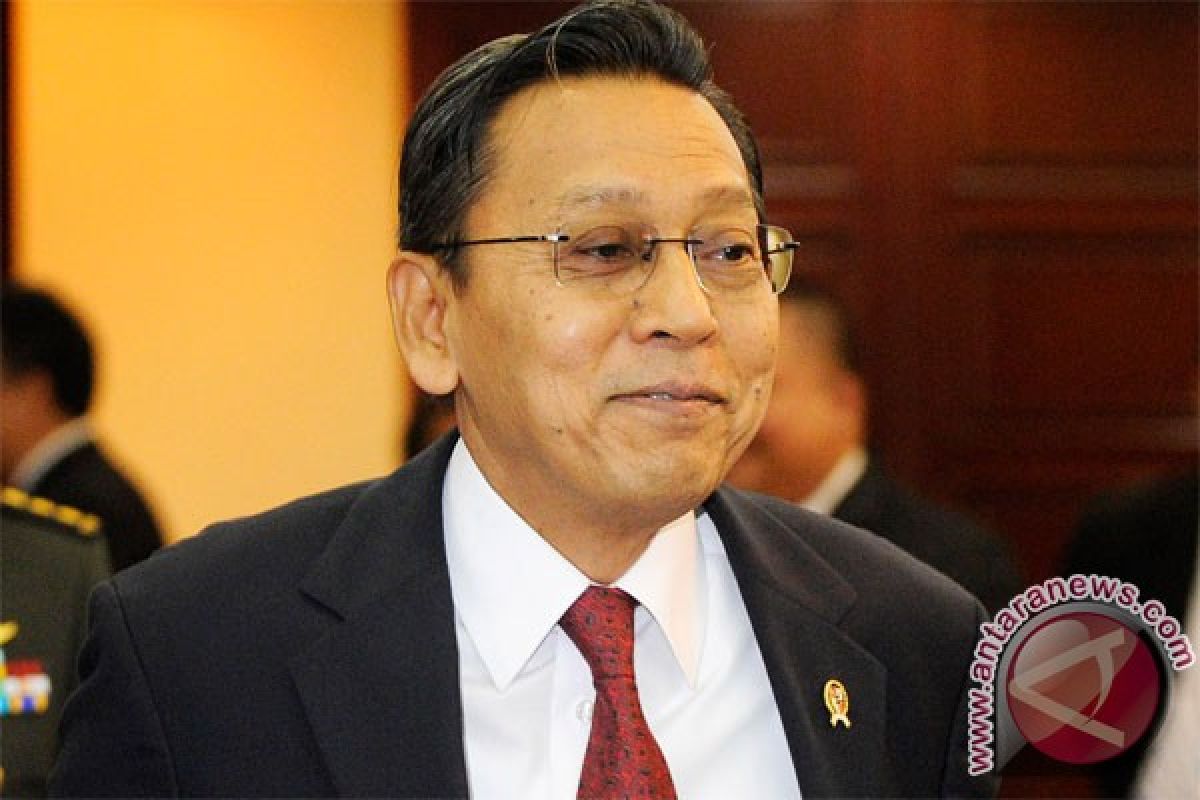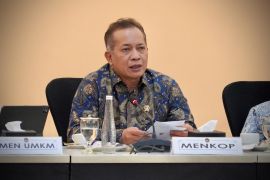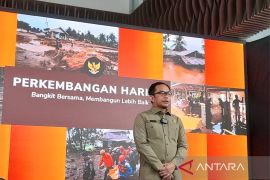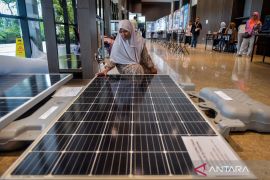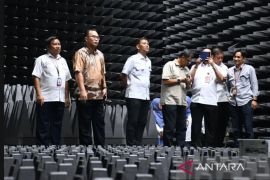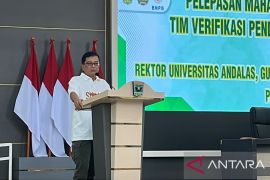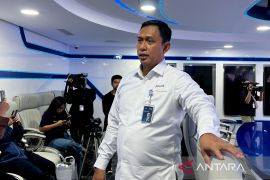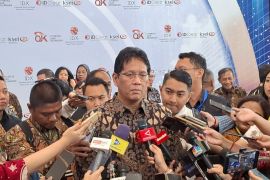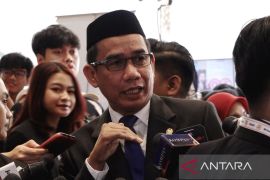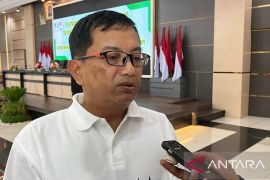Religious scholar Hasyim Muzadi, former general chairman of Nahdhatul Ulama (NU), the country`s largest Muslim organization, said there was nothing wrong with Boediono`s call for regulating the use of loudspeakers at mosques, adding that the interestJakarta (ANTARA News) - Many have expressed objections to Vice President Boediono`s call for regulation of the use of loudspeakers at mosques during azan.
"I object to the Vice President`s statement. It is not appropriate for him to make a statement on that matter during a national congress of the Indonesian Council of Mosques (DMI)," Ali Muhtar Ngabalin of the Indonesian Mosque Youths Organization said.
Boediono had asked the DMI on Friday to start discussing about a possible regulation on the use of loudspeakers at mosques.
"We fully understand that azan is a holy call for Muslims to fulfil their obligation to pray," he said during the opening of the 6th congress of the council.
Boediono added that soft calls to prayer were felt much stronger in the heart than loud and noisy sounds. He said that the holy Quran taught people to lower their voices while praying to God for guidance.
Boediono noted that the Quran also taught Muslims to lower their voice and pride when praying for God`s leadership and directives. He said it was God`s order that mosques, as holy places for conducting prayers, must set an example in cleanliness.
"We have all heard or read about the Prophet`s well-known Hadith that cleanliness is part of faith. Every Muslim is required to maintain his or her cleanliness, as well as that of the environment," Boediono added.
However, Ngabalin said that the Vice President should only discuss about such things in other forums. "That was no time for such talks. I do not agree with it and he should have done it personally if he was disturbed by the amplified azan sound through the loudspeakers," he added.
Ngabalin, who is also a Golkar Party politician, said he was surprised with Boediono`s speech but hoped that it would not create any serious problem.
Anwar Sujana, a religious scholar of Jakarta`s old Sunda Kelapa Mosque, said it was not appropriate for a leader to make such a controversial statement. "The Vice President`s statement is more political in nature; it`s not a statement regarding religion. Muslims should disregard it. Just consider it as an effort to avert a political issue," he was quoted by Republika.Co.Id website as saying.
However, Anwar called on the media to not blow up the issue because he said it could make things worse and have a negative impact on the society.
"The Indonesian Muslims have their own agenda in empowering the community. So, the Vice President has no right to make a joke like that," he stated.
Mutawakkil Alallah, the chairman of Nahdhatul Ulama (NU) for East Java branch, said that Boediono`s call for regulation of the use of loudspeakers at mosques could trigger conflict in society. He said that the Vice President made the statement as if he did not know about regulations on the establishment of worship houses in Indonesia.
According to Alallah, the establishment of any worship house must first be approved by the relevant local community. If the nearby residents oppose the idea, a house of worship cannot be erected.
If the house of worship is already established, residents around the place must show tolerance towards the religious activities conducted at the place. "The Vice President`s remarks could provoke the outbreak of a horizontal conflict," he said.
Boediono`s controversial statement did not just elicit negative responses; there were some positive ones, too. "We should have mutual understanding. There is a communal prayer interest and the interest of residents living around. People have different interests," religious scholar Hasyim Muzadi, former general chairman of Nahdhatul Ulama (NU), the country`s largest Muslim organization, was quoted by Detiknews as saying.
He said there was nothing wrong with Boediono`s call for regulating the use of loudspeakers at mosques, adding that the interests of religion and the public must go hand in hand.
"The prophet has said that loud voices during zikr [conveying praise to God] are not desirable. It should not disturb people who are sleeping. But for azan, a loud voice is recommended because it is aimed at calling Muslims, including those living afar, to say their prayers," Hasyim explained.
He said that except during azan, the volume of loudspeakers must be turned down or be kept at a level that would not disturb residents. "What often becomes a problem is that sometimes it is too noisy and disturbing even if it is not azan," Hasyim added.(*)
Reporter: Andi Abdussalam
Editor: Heru Purwanto
Copyright © ANTARA 2012
